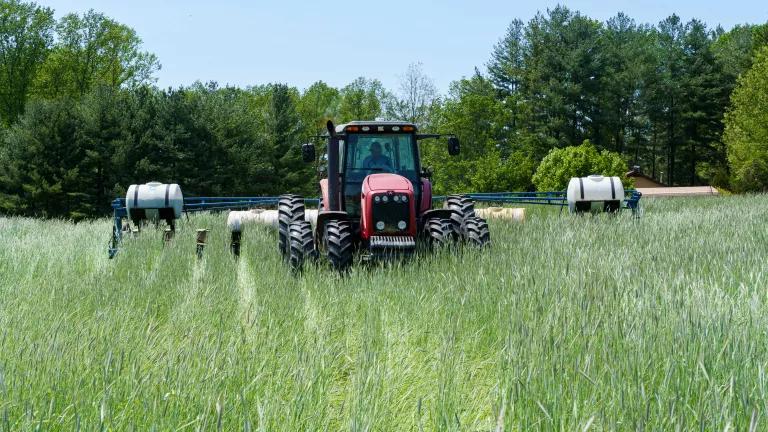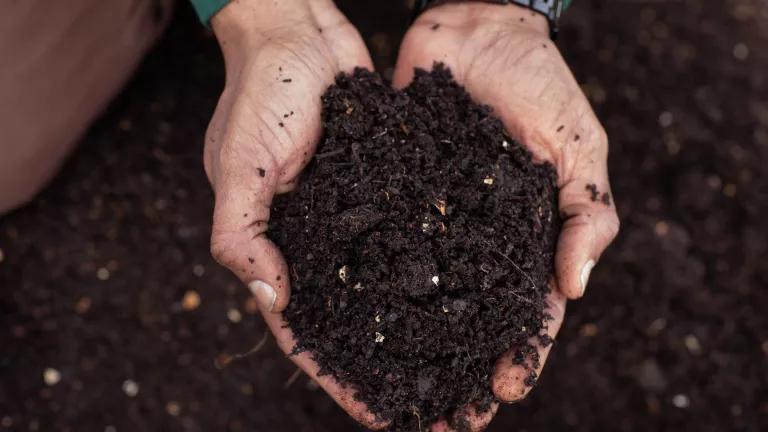So much is being written about food these days, it’s hard to keep up. But one recent OpEd by NY Times columnist Mark Bittman really jumped out at me. In the post called Shared Meals, Shared Knowledge, Bittman echoes a challenge issued by the organization Slow Food USA: the $5 Challenge. He calls on people to cook pot luck and community dinners for no more than $5 per person.
The goal? To show that buying normal ingredients from a regular grocery store and cooking them at home is cheaper than going out to eat or eating fast food and to help support healthy, sustainable, and affordable food—what he calls, quite simply, “real food”.
$5 bucks. Doesn’t seem like much. In fact, I have trouble thinking of many things you can buy these days for just $5 dollars. But my friends and I decided to take up the challenge. After all, it’s getting colder and what better way to catch up than around some home cooked meals?
We call it “Frugal Feasts” and here’s how it works:
Each month, someone volunteers to shop, cook, and host a dinner, striving to create well-balanced meals from ingredients that are organic, low on the food chain, and supportive of local farmers. The night of the dinner everyone brings $5 bucks to pay the host back and then we feast! Alcohol is BYOB and dessert is optional.
What we were hoping to do was simple: eat delicious food with good friends, save some money, support local farmers growing good food in responsible ways, and maybe learn something in the process. And our very first Frugal Feast last week didn’t disappoint.
Nine people participated, so at $5 dollars a pop our hostess had $45 dollars to work with. What did we get for that kitty? A veritable autumnal bounty:
- Spicy toasted pumpkin seeds to snack on
- 2 loaves of freshly baked peasant bread
- Delicious pumpkin coconut curry soup
- Roasted acorn squash, carrot, brussel sprout and French lentil salad
- Garlic kale
- Poached apples with cinnamon for dessert
And the hostess even had leftovers!
So why does any of this matter?
We know our food system is badly broken. Our government now spends billions to subsidize commody grains like corn, 40% of which goes towards producing dirty corn ethanol instead of food or feed. Processed foods and industrially produced meats from animals raised in cruel and dirty confined animal feedlot operations (CAFO’s) are made artificially cheap by these subsidies, though we bear the costs in pollution to our waterways, air, and climate, and in substantial impacts to our health, such as rising resistance to antibiotics.
While we waste 40% of all edible food in the U.S., many of our underserved communities no longer have access to fresh food, and instead are sustained by heavily processed food. Epidemics of obesity and diabetes in the U.S. today are a major social justice issue with enormous public health costs and repercussions. Americans now spend just 7% of our budget on food, the lowest of any country in the world. At the same time, our spending on healthcare has exploded, accounting for 17.4% of national GDP in 2011, by far the highest share in the OECD, and almost eight percentage points higher than the OECD average of 9.5%.
Many of us are awakening to the price we pay for the industrialization of food production and are seeking food that is healthier for ourselves, our families, and our planet. And it’s not just individuals taking up the mantle of better food. New York City has taken notice, enacting a new package of laws that will help increase the amount of fresh, local food available in the city.
How we make the transition to a healthier food system is the subject of thousands of conversations, but participating in the Slow Food challenge is one way you can organize your own conversation with family and friends.
For more information and great $5 meal ideas and recipes, check out SlowFood USA’s challenge website. And if you have recipe ideas or just want to share your own experiences cooking frugally with friends, please share them here!



